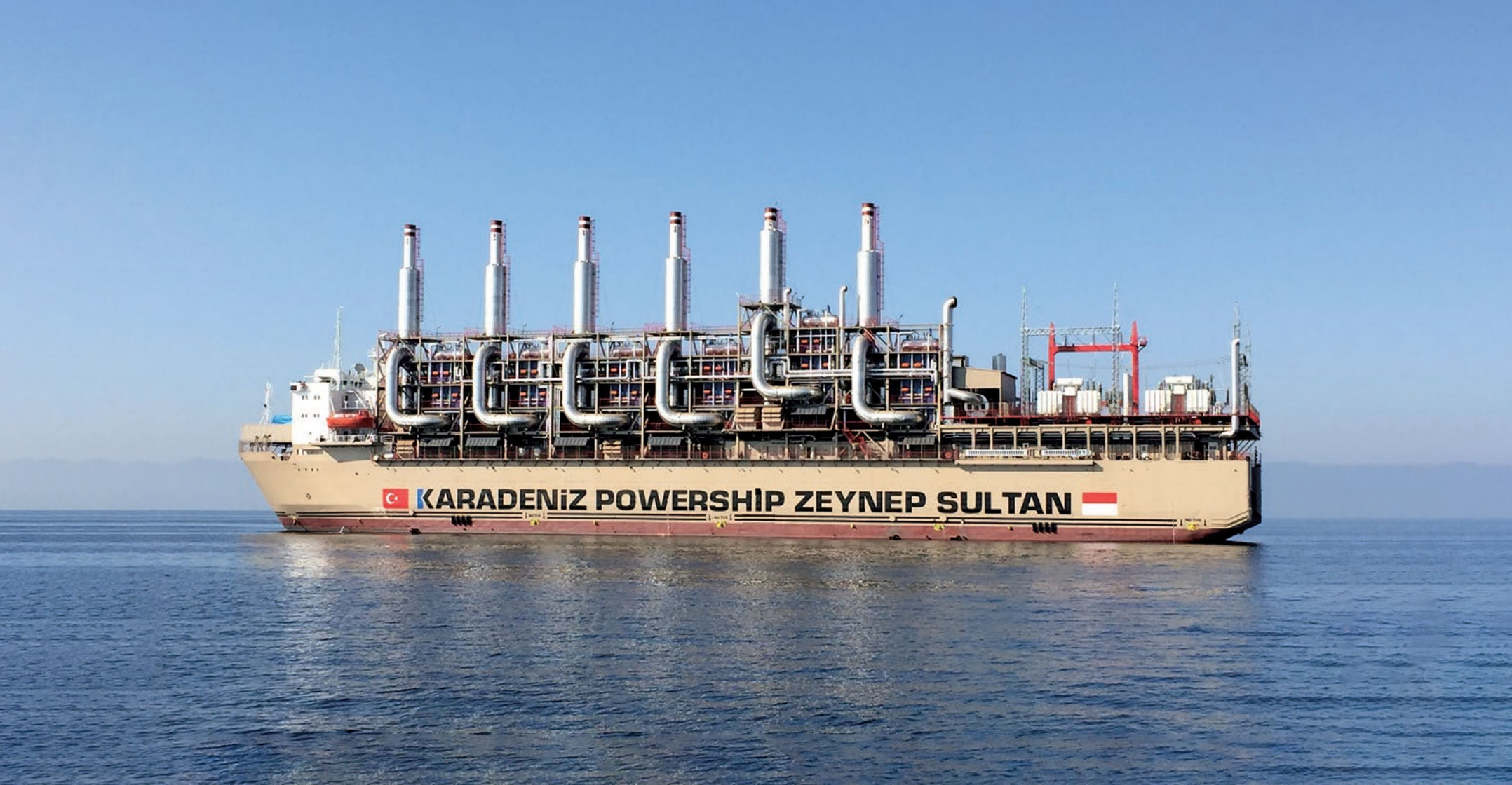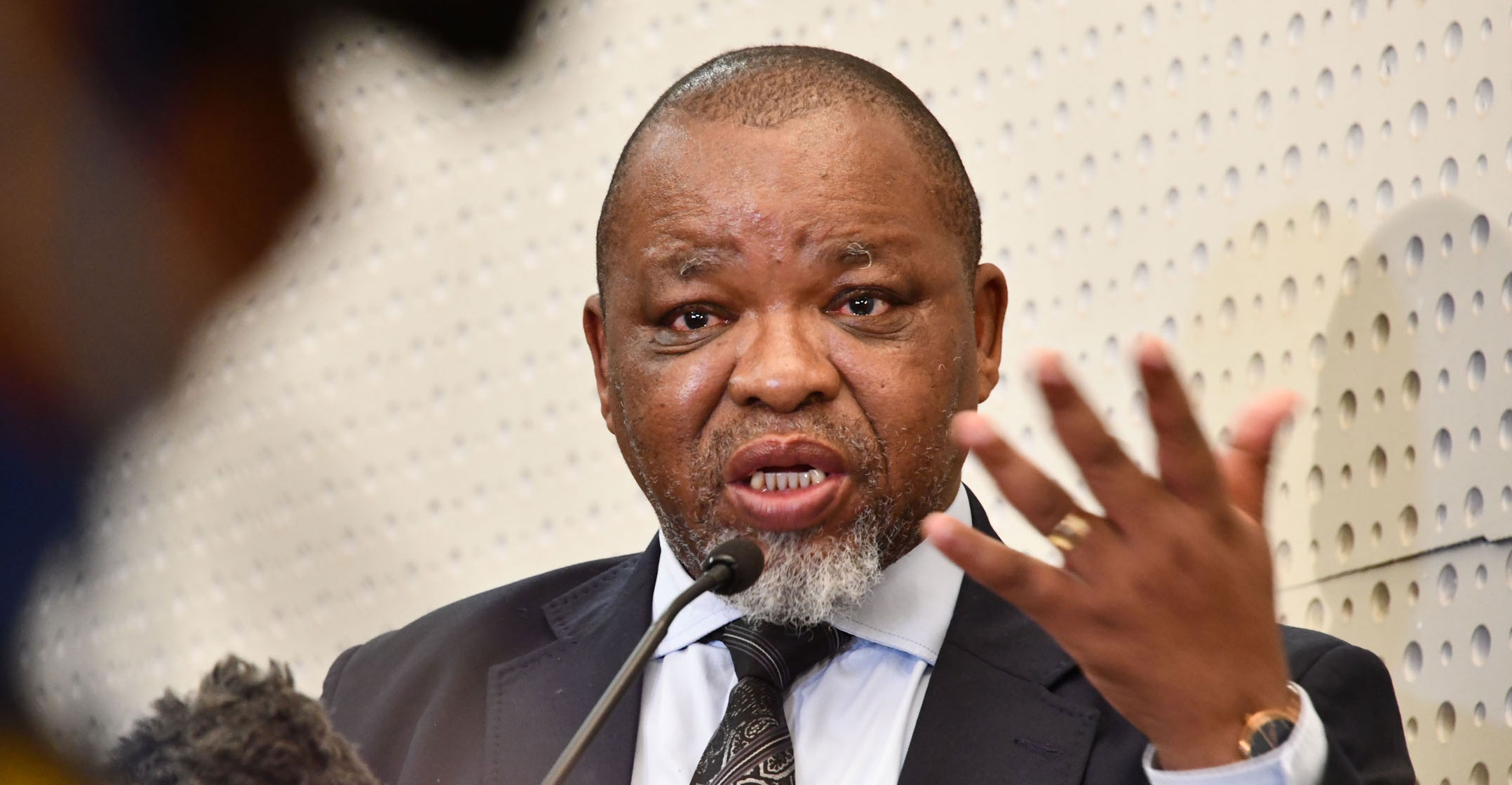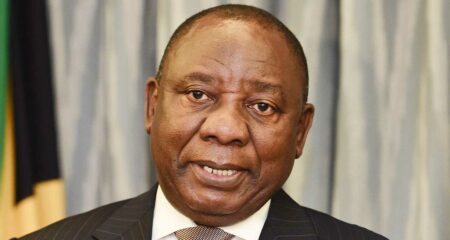
The debacle surrounding South Africa’s bid to secure emergency power supplies has highlighted a dysfunctional energy policy that’s subjecting the country to intermittent blackouts.
Since March, the energy department has identified companies it wants to provide almost 2GW of electricity to the grid by August next year. But a losing bidder has alleged that the selection process was corrupt and sought to reverse it in court, environmental activists have raised objections and lawyers are at odds over whether ship-based power plants can be moored in South Africa’s ports.
Delays to the projects, which now appear to be almost inevitable, will extend debilitating energy shortages that President Cyril Ramaphosa said are a “massive risk” for the economy, and further damage South Africa’s reputation as a feasible place to do business. In addition to Turkey’s Karpowership, which is in line to supply 1.2GW of power, some of the world’s leading energy companies — TotalEnergies, Electricite de France, Scatec and ACWA Power — are involved in the bids.
“What does this do to other potential bidders? The answer is it alienates them,” said Martin Kingston, vice president of the country’s biggest business group, Business Unity South Africa. “They need to believe there’s a transparent process.”
South Africa has been dogged by electricity outages since 2005, with the near-monopoly state-owned power utility Eskom unable to meet demand from its old and poorly maintained plants. Its plans to build new capacity have been riven by corruption, cost overruns and government vacillation over what form of energy to use and the role private producers should play.
Major step
Ramaphosa took a major step towards alleviating the crisis last week, announcing that companies will be allowed to build their own power plants with up to 100MW of generating capacity without requiring a licence. While the decision was taken in the face of opposition from Gwede Mantashe, his energy minister, and will effectively break Eskom’s monopoly, it won’t provide immediate relief.
The emergency power projects and own-use generation need “to come through in order to arrest load shedding within the next year or two”, said Jevon Martin, head of energy and decarbonisation at Sibanye-Stillwater, the country’s biggest precious metals miner and a major power consumer. “Eskom is not going to turn around their generation performance overnight.”
A high court case filed by losing bidder DNG Energy in April that’s likely to be heard next month poses the biggest threat to the short-term projects. DNG executive director Aldworth Mbalati has alleged that he was approached by a relative and a business associate of Mantashe’s and a meeting was brokered with government officials who asked for a bribe.

DNG is seeking to either be given Karpowership’s contract, or alternatively have all the winners interdicted from completing their deals with the government. Mantashe, energy department officials and Karpowership have denied wrongdoing and the other winners have said DNG threatens South Africa’s energy security.
“An interim interdict would cause catastrophic knock-on consequences for South Africa’s ability to increase its generation capacity,” Oya Energy, a winning bidder, said in its court documents. “This will translate into even further strain on an already strained national grid.”
Eskom, which would be locked into a 20-year power-purchase agreement with Karpowership worth an estimated R218-billion, is concerned that the deal would place further strain on its already stretched finances, according to people familiar with the situation.
And The Green Connection, a non-profit, has complained to the environment department that mooring Karpowership’s power plant in Saldanha Bay would disturb sea life and fishing. The department has frozen the company’s application for environmental approval in that location while the allegations are investigated.
Lobby group Business Leadership South Africa, meanwhile, commissioned an opinion from legal firm Bowmans, which said that the country’s transport minister doesn’t have the right to instruct the port authority to allow Karpowership to use its harbours. Pinsent Masons, a legal firm acting for Karpowership, argued the opposite in its own opinion.
Wrangling
The legal wrangling has placed the whole emergency procurement programme in question, said Patrick O’Driscoll, Karpowership’s sales director for Africa and Asia.
“Everyone is in the same position of: ‘Is this going to jeopardise or delay?”’ he said in an interview. And I can’t answer that.” — Reported by Antony Sguazzin,. (c) 2021 Bloomberg LP




